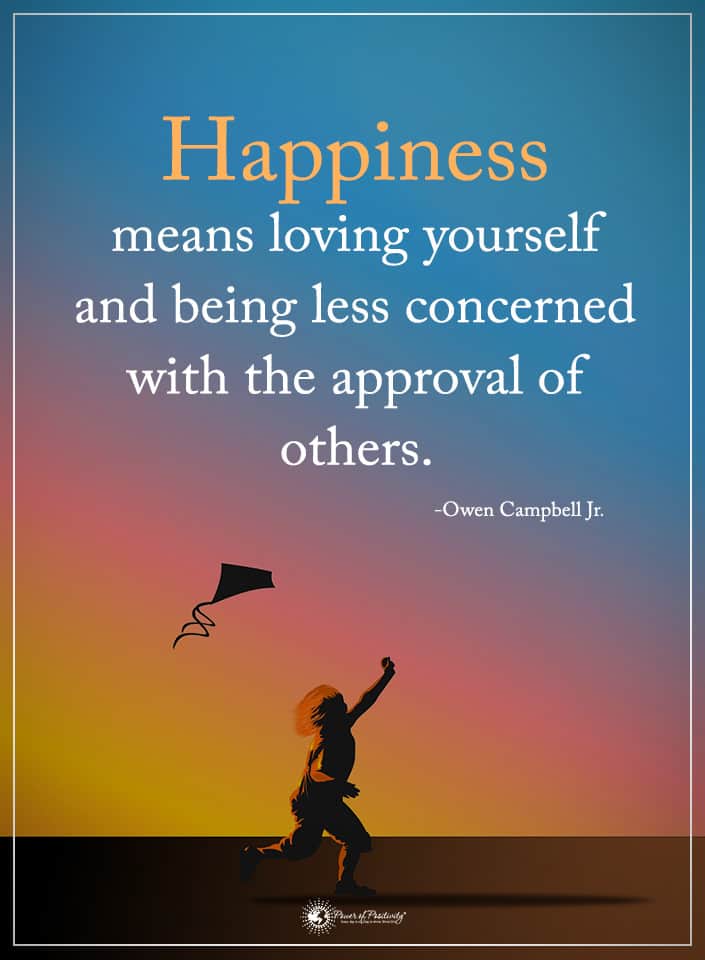Your brain is a tremendous organ. Indeed, it is able to collect and organize the information that even the world’s most advanced supercomputer cannot. Your brain has roughly 100 trillion neural connections (synapses) that constantly relay information to other parts of the brain and body.
Most scientists agree that the human brain is the most complex structure in the universe. Even with state-of-the-art scientific equipment and measurement apparatuses, we are only beginning to scratch the surface of understanding this wonderful creation.
While the brain is incredibly powerful and capable, it is also subject to wayward thinking. This is predominantly a byproduct of evolution, where the reptilian part of the brain – the amygdala – still churns out strange impulses and emotions. It is in the amygdala where the “fight or flight” response is initiated.
Fortunately, the most advanced (and evolved) part of the brain – the forebrain – is capable of overriding these wayward impulses. While certainly not easy at first, the human brain has a wonderful way of entrenching habit into our thinking. In essence, your brain can learn those habits to organize itself.
Here Are 10 Ways to Help Organize Your Mind
1. Don’t multitask
Simply put: the human brain is physiologically incapable of multitasking. Yeah. That one trait that so many workplaces pride themselves on is complete gibberish. The only multitasking that the brain is capable of doing effectively is talking and breathing. Any higher-level task – writing, emailing, filing, cooking, computing, etc., etc. – requires single-tasking. It is the only genuine way to organize.
But you “multi-task” all the time, right? Heck, you’ve got a lot to do and it’s the only way. Sorry to burst your bubble, but what you’re actually doing is switching your brain’s focus from one task on the other. This practice is unhealthy for two reasons: (1) it drains your brain’s energy, and (2) its less effective – requiring more time for the brain to refocus its attention onto a new task.
2. Keep a written list to organize your mind
Your brain, while a computing marvel, still has limited resources. Keeping a list of tasks that need to be accomplished is a great way to free up some much-needed brain space.
The human brain loves written lists. Why? Because lists tap into our brain’s innately attuned way of organizing and understanding information. Specifically, lists are categorical in nature which appeals to the brain’s preference for memorizing stuff. Also, written lists are a great way to mitigate the stress resulting from lapses in memory.
3. Disconnect
Our culture is obsessed with technology. Some prominent mental health experts believe that technology addiction – as in, a chemical and psychological dependence, the same as in drugs and alcohol – is the case for millions of people.
‘Information overload’ on a constant basis is not healthy, as the brain must have time to reflect, refresh and reenergize. A constant stream of incoming data, from a gadget or anything else, is harmful and goes against the natural makeup of the human brain.
Here’s an analogy – do you know how your phone or computer freezes (or shuts down) from time-to-time when you don’t power it down? The same concept applies. It’s all about the working memory, my friends.
4. Be mindful
There’s that word again: mindful. You’ve probably heard (or practiced) mindfulness, meditation or both by now. If you practice mindfulness, good for you…your brain thanks you. If you’re only now hearing about it, consider becoming a student.
Mindfulness is a way of living and of being. Whether you adopt a morning habit of daily meditation or catch a 3-minute mid-afternoon break, you deserve this time. It’s simply paying attention to what you’re doing without judgment or criticism. When meditating, the focus shifts to the breath, and when the mind wanders gently bringing it back again. Easier said than done, of course, but you can (and should) practice while learning.
Without going scientific journal mode, let’s just say that mindfulness has incredible effects on your brain. There is a bunch of great stuff on the practice available in cyberspace. Here’s a great quote by Daniel Goleman:
“(Mindfulness) is not about clearing the mind; it’s about focusing on one thing. When the mind wanders, meditation is not a failure. Our brain is like a wayward puppy, out of control. Catching it and putting it back is the object of meditation.”
5. Put stuff in the same place
You’ve probably been told this at one time or another. It turns out that there’s a good reason for it. There’s a structure in the brain called the hippocampus, which is the same brain area that tells a squirrel where it buried its nuts…and works quite similarly.
The hippocampus possesses something called “place memory”. This term is appropriate, considering that this structure has the incredible ability to tie important events (placing your keys) to specific places (your refrigerator).
6. Take breaks
As we’ve noted, your brain has limited resources with energy being one of them. The brain is similar to a computer in this sense: the more information that is processed, the more energy is consumed.
Because of this energy consumption, you can’t expect to work in a fast-paced workplace for hours and maintain the same level of efficiency throughout. Thus, breaks are absolutely necessary for your brain. To maximize your break, do something that is enjoyable and stimulating.
7. Use a calendar to organize your schedule
That old calendar in the closet may not be necessary, but it’s still a great idea to use a calendar in some form or another. According to neuroscientists, calendars are terrific for externalizing your memory and freeing up space in your brain.
So download an app, use Outlook, or just get an ole’ fashioned “flip” calendar. Make using a calendar a habit, and watch your life become much easier and less stressful.
8. Use the same password
Nowadays, you need a password for just about every…single…thing. Make it easy on yourself and try to use the same password or a simple variation of it. There are some applications, especially in the workplace, that require the password to be changed for security purposes. A simple solution for this is to change or add a symbol or number.
Remember, your brain is skillful at making repetitive actions a habit. Using the same password or a slight variation will make remembering them much easier while clearing up some much-needed space in the brain.
9. Get adequate sleep
Up until the 1950s, sleep was often a misunderstood phenomenon. We just knew that it got late, we got tired and fell asleep until the next morning. Today, scientists know that sleep is a vital part of brain function. When we don’t get enough sleep, problems occur with concentration, coordination, memory and mood levels.
Scientists generally agree that a minimum of seven hours of sleep is necessary for adults. For teenagers (ages 14-17) at least eight hours, school-age children (6-13) nine hours, preschoolers (3-5) ten hours, toddlers (1-2) at least eleven hours, infants (4-11 months) at least twelve hours, and for newborns at least fourteen.
10. Learn something new
Neuroscience has discovered something else amazing about our brains: it continues to reshape itself.
It was once thought that your brain stopped developing past a certain age – usually the teenage years. Now, science has discovered that your brain continues to change form over the course of your entire lifetime.
When you learn something – anything – your brain creates new connections. These new connections eventually change the overall structure of the part of your brain that is being engaged. Scientists call this “neuroplasticity”, and the significance of its discovery goes well beyond learning to areas such as compensating for traumatic injuries and disease.







